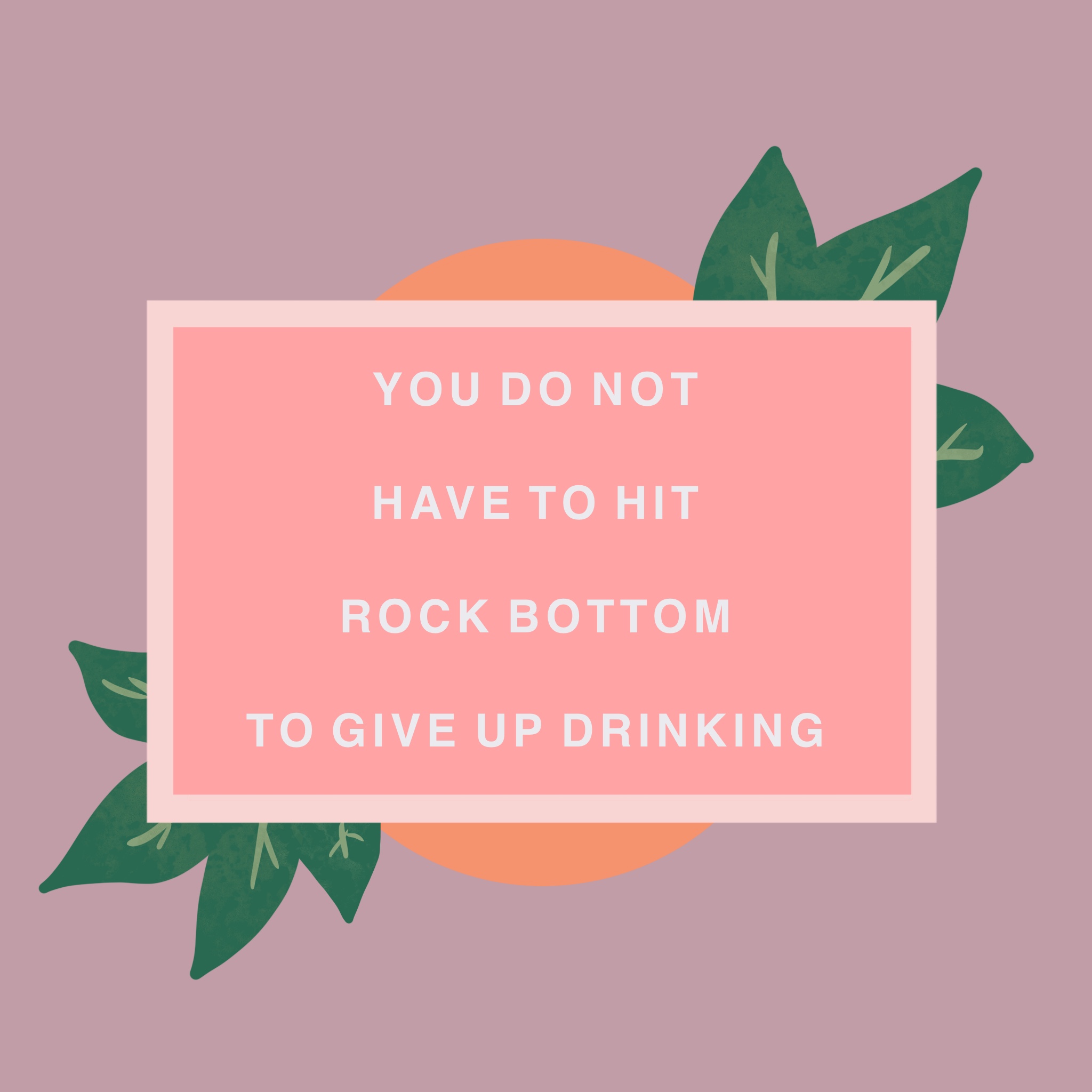I didn’t come to the realization that I would give up drugs and alcohol all in one flash of illumination. When looking back over journal entries and writings and letters, it is clear that at various moments I believed I had a problem with alcohol but the facade didn’t truly begin to crumble until the spring of 2021. There are different ways in which you can reach the conclusion that something in your life needs to change, and in the context of drugs and alcohol it usually comes with admitting that you are powerless over your addiction.
How though, do you come to realize that you are powerless?
For me, it became clear when I began counting my drinks and trying to moderate my intake. I actively fought against the desire to continue to drink. I walked away from bars against my will. I did not want to decline another drink and yet I was also coming to see that the path I was on was no longer sustainable. The hangovers were more severe, the blackouts more frequent, the binge drinking more intense.
There were subtle ways in which I measured myself against other people that I considered to be “alcoholics” and as long as I never met or surpassed that definition, I could consider my relationship with alcohol, on the whole, to be fine. The thing is though, that as needed, I would change that definition of “alcoholic” to make sure that I never met it, even as my drinking habits became more pronounced and the affects on my body more evident.
Alcoholism is a progressive disease. It will creep up on you, one rocks glass at a time, its grasp growing ever stronger until you are fully at the mercy of your addiction. It will wrap its tentacles around your heart, your lungs, your liver and your brain. It will separate you from your friends and family, isolating you until you are surrounded only by people who live life the same way you do. And it can happen so slowly, so innocuously, that you don’t even realize it’s happening at all.
For some people, the realization that they have a problem with alcohol comes with hitting rock bottom. That can be a DUI, the loss of a job, entering rehab, becoming hospitalized or doing jail time, or some other variation of a pain so deeply felt that you cannot continue on the way you are. There is the realization that one drink is too many and that one thousand will never be enough.
I didn’t hit rock bottom. I didn’t go to jail, or lose my job. I didn’t get a DUI, or go to rehab. And because I didn’t have this crystal clear moment of, “something has to change” I continued to doubt that anything did have to change, even as I began attending Alcoholics Anonymous meetings.
As I continued to attend meetings, my whole view on my relationship with alcohol began to shift. It slowly became clear to me that I had chosen many of my past partners because they liked to drink as much as I did. I contemplated that perhaps subconsciously, I had chosen to work in the service industry for the first half of my thirties because it allowed me the opportunity to drink heavily during and after shifts, and to make friends who wanted to have as much fun as I did. Looking back it became obvious that I had wanted no responsibility other than the bare minimum: I wanted to work enough to pay my bills and be able to go out and drink. There were no goals beyond that.
It was becoming more clear to me that if I continued to drink I would, at some point, hit a bottom from which I could fall no further. As this realization snapped into focus, I asked myself, do I want to keep going until I hit bottom? What would happen if I just stopped now?
